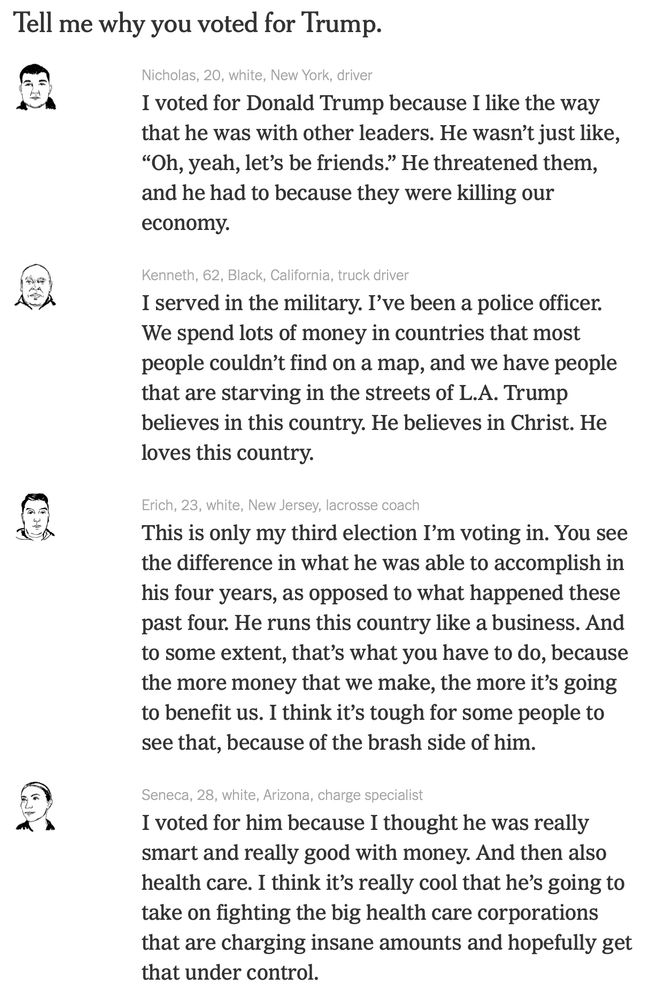Reposted by Emily K. Vraga, Andrew K Przybylski

Reposted by Emily K. Vraga, Wendy D. Manning, Sandra González‐Bailón
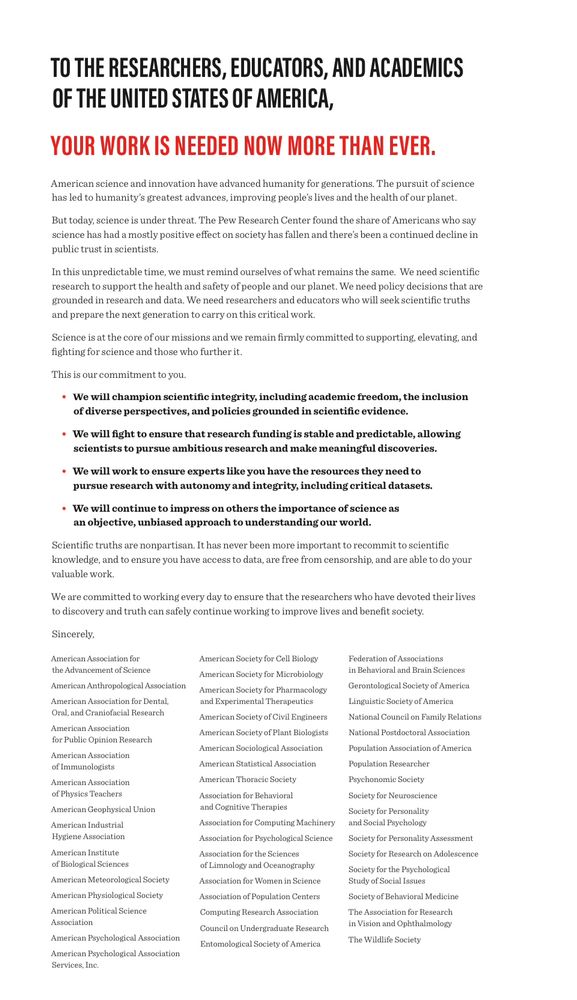
Results: 51% of AI responses had significant issues. 19% introduced errors when citing BBC. 13% misquoted or made up BBC content entirely. 🤐🤐
www.bbc.co.uk/aboutthebbc/... via @ezraeeman.bsky.social
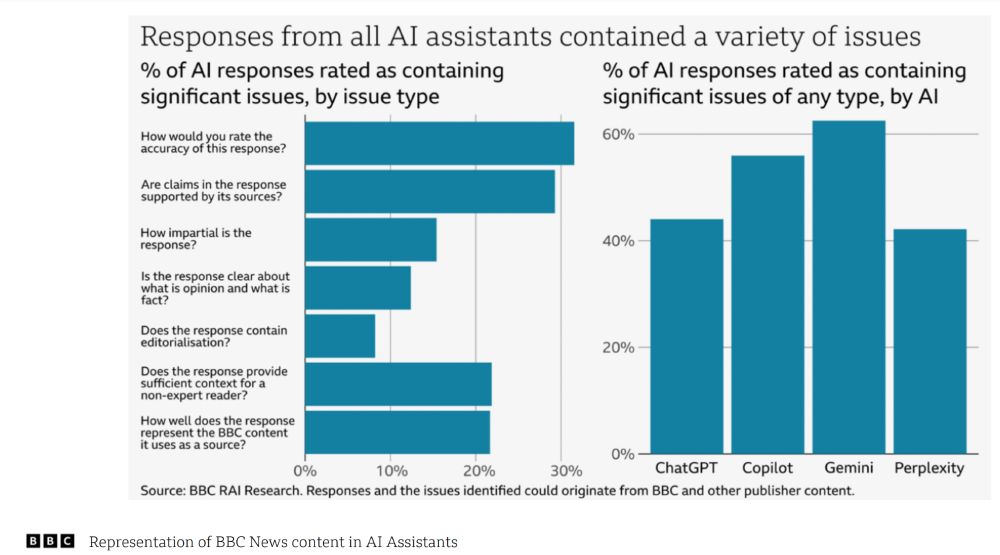
Reposted by Emily K. Vraga, Torin Monahan
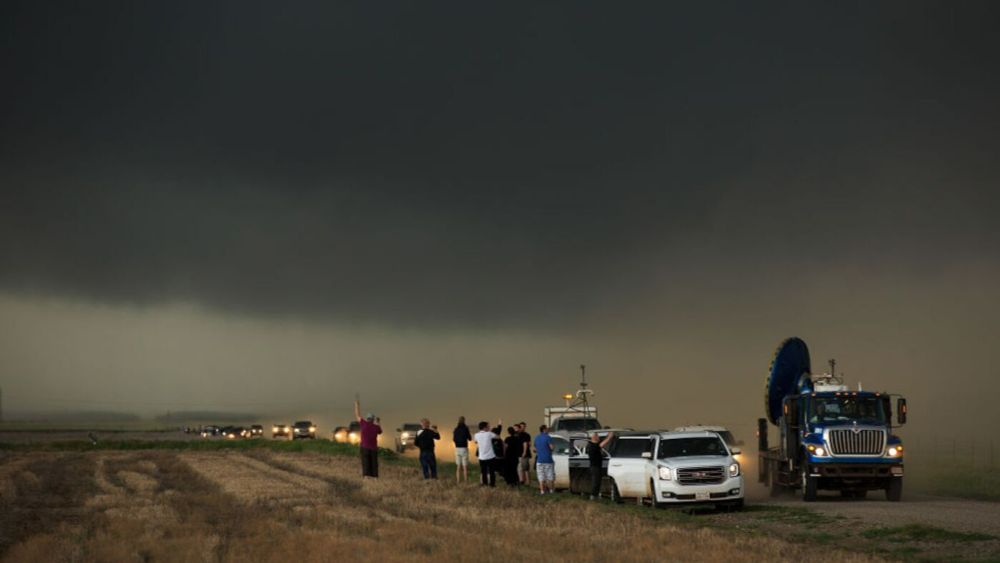
Reposted by Emily K. Vraga, Clare Bambra, Sarah Joseph
"EMA will no longer post updates and content on X. We believe the X platform no longer suits our communication needs” the agency said in a statement
www.reuters.com/world/europe...
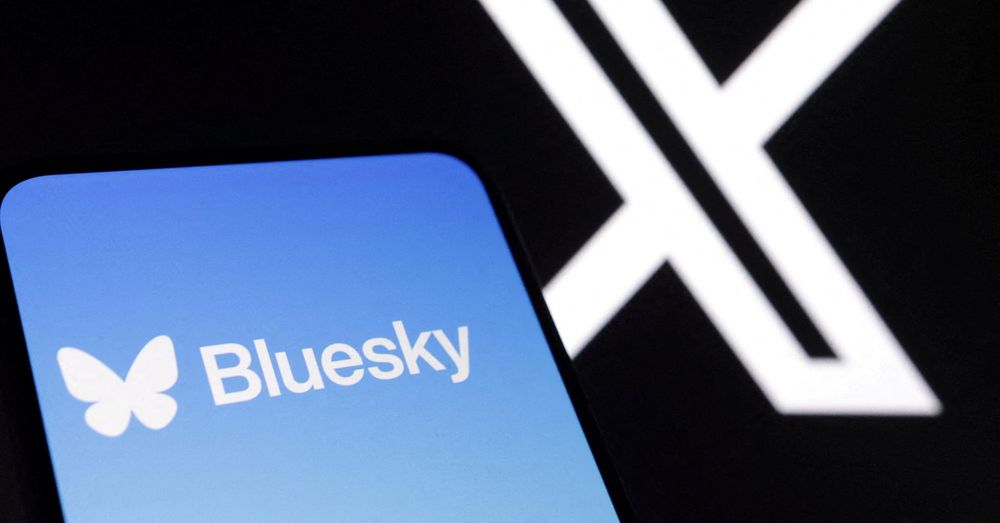
Reposted by Emily K. Vraga

Reposted by Emily K. Vraga, Julia Metag, John R. Kerr , and 1 more Emily K. Vraga, Julia Metag, John R. Kerr, Zoe Leviston
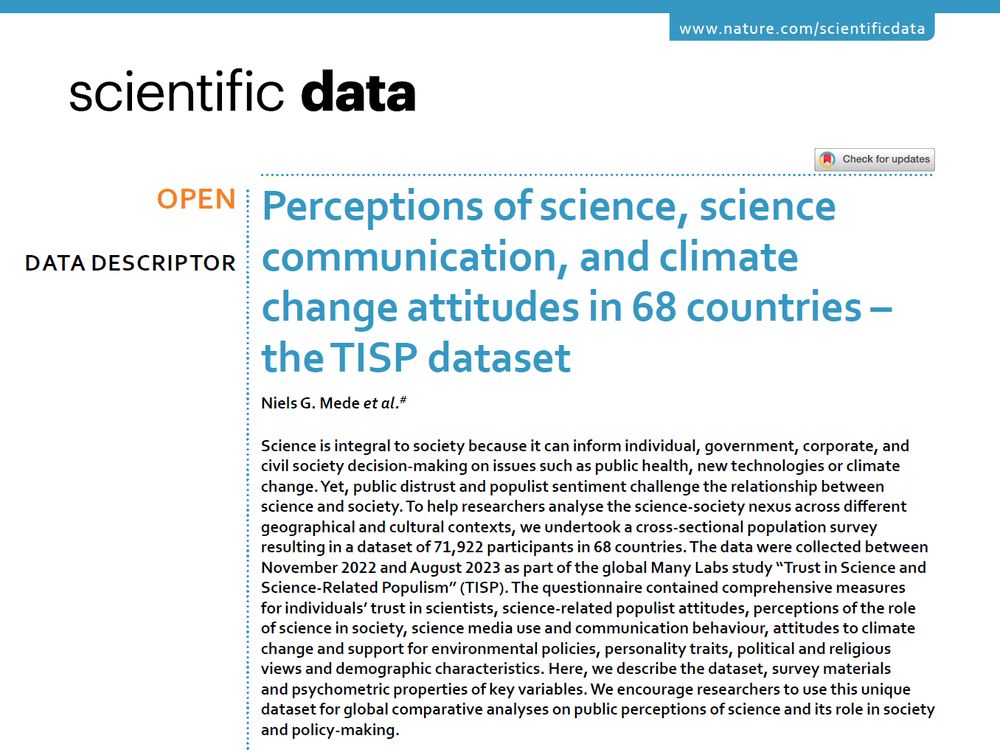
by Timnit Gebru — Reposted by Emily K. Vraga, Rocco Bellanova
apnews.com/article/ai-a...
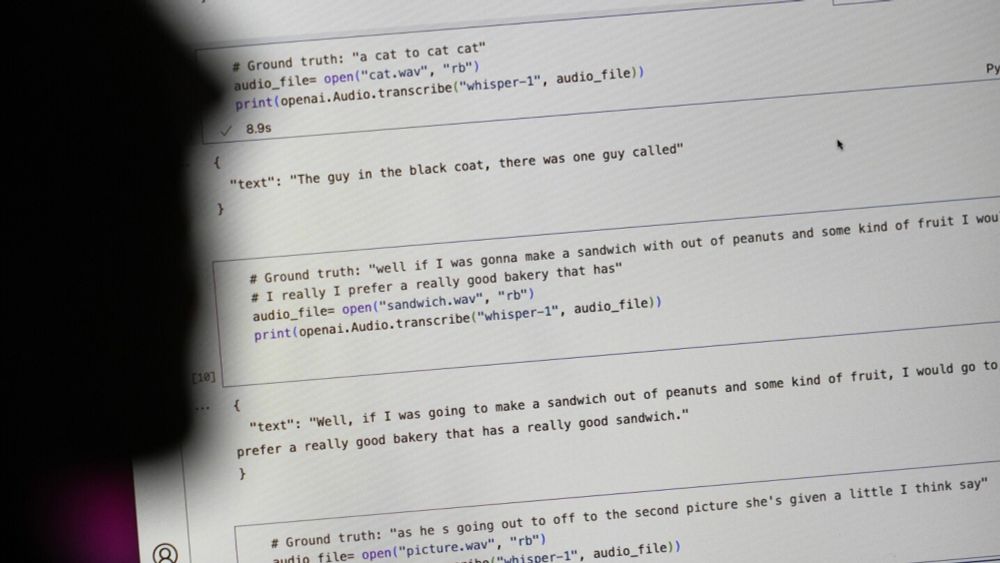
Reposted by Emily K. Vraga
This new publication is pretty clear in its findings: radical-right populism is the strongest determinant for the propensity to spread misinformation.
Based on an analysis of 32 million tweets in 26 countries.
doi.org/10.1177/1940...
Meta is dropping fact-checking to avoid anti-conservative bias- but is there actually evidence of bias?
We this test empirically & find that conservatives
* ARE suspended more
* BUT share more misinfo
So suspension isn't necessarily evidence of bias www.nature.com/articles/s41...
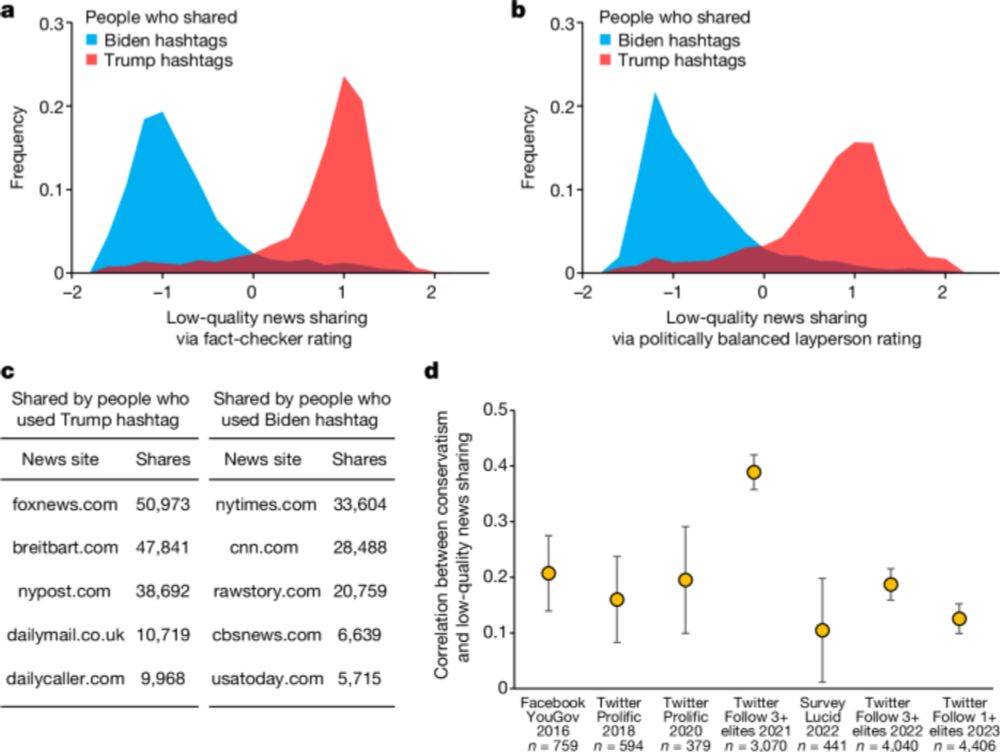
by Brendan Nyhan — Reposted by Emily K. Vraga, Max Grömping, Mohsen Mosleh
He asserts that "the fact-checkers have just been too politically biased, and have destroyed more trust than they've created, especially in the U.S."
by Emily K. Vraga — Reposted by Emily K. Vraga
🚨 Publication alert 🚨 led by my awesome graduate student @ritatang.bsky.social! We examine how health journalists tweeted about COVID-19, exploring which tweets get the most engagement. HINT: not politicized language!
Free link here:
www.tandfonline.com/eprint/SCCK2...

(1) The prevalence of misinformation in society is substantial when properly defined.
(2) Misinformation causally impacts attitudes and behaviors.
psycnet.apa.org/fulltext/202...
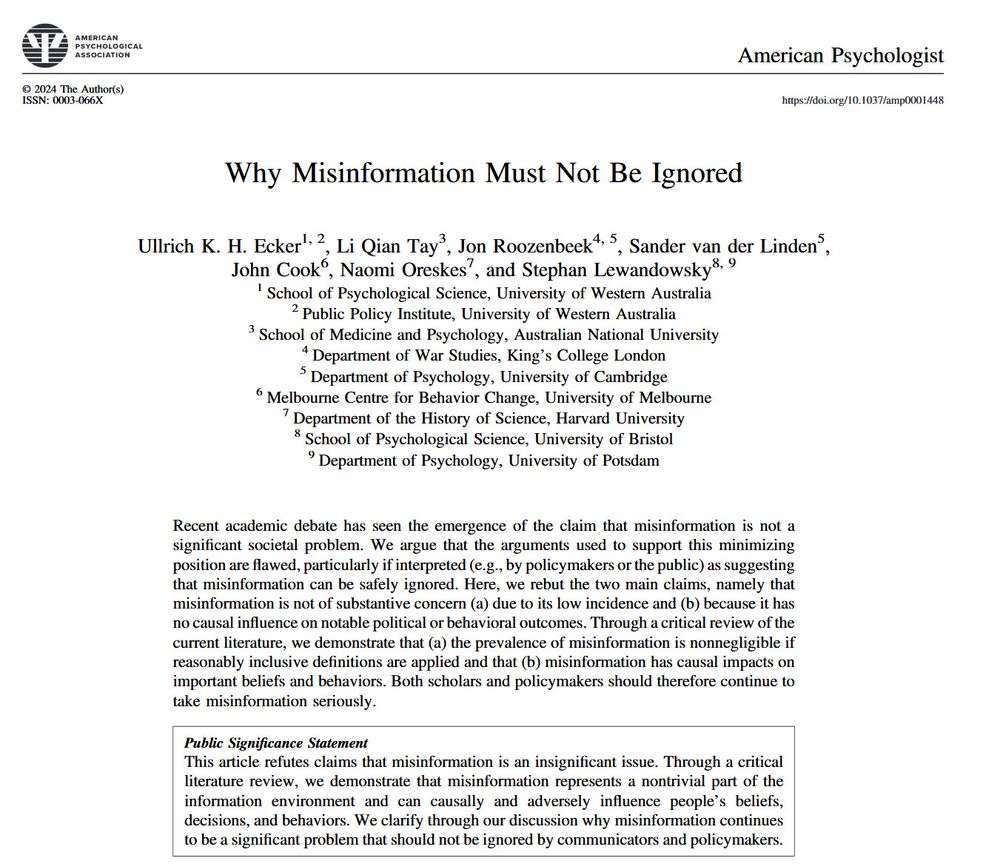
www.npr.org/sections/sho...

It was a privilege to serve as one of the 15 committee members from a wide range of scientific disciplines who put this report together. Quick 🧵1/
www.nationalacademies.org/our-work/und...
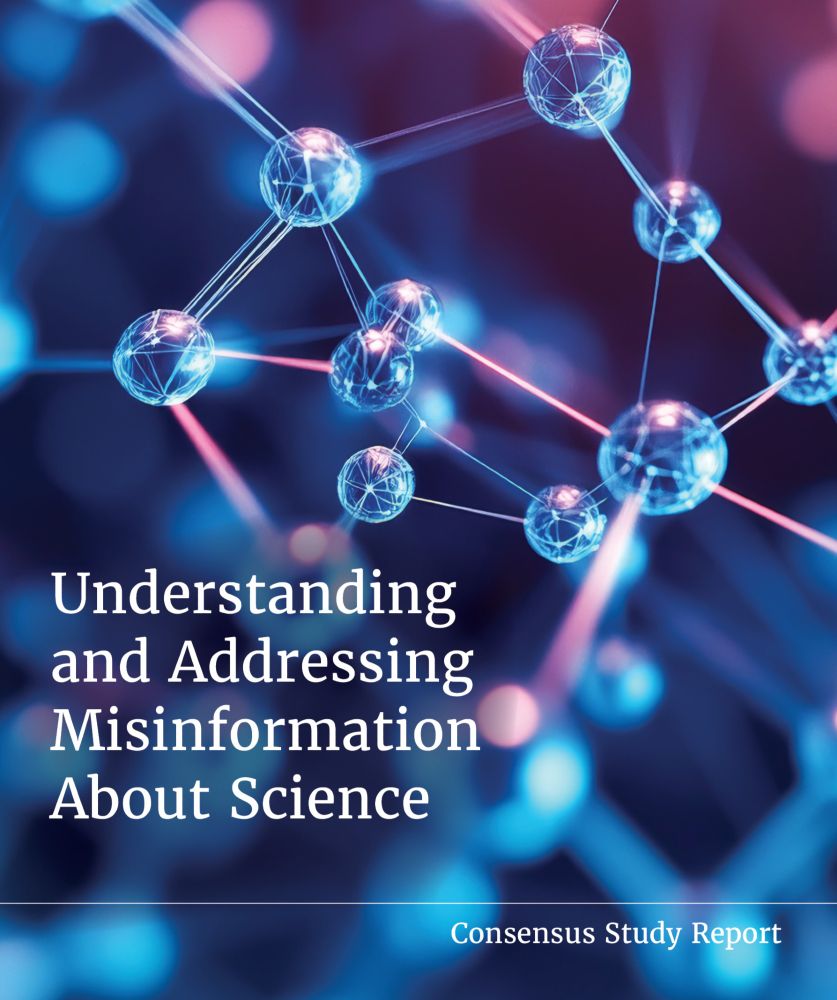
Reposted by Emily K. Vraga

www.nytimes.com/2024/12/18/u...

Reposted by Emily K. Vraga
(Mark R. O'Brian, University at Buffalo) 🩺🧪#episky #measles #mumps #polio

www.npr.org/2024/12/16/g...

by Gijs Schumacher — Reposted by Emily K. Vraga, Scott Clifford
Reposted by Emily K. Vraga, Ömer Özak
This story arc is way too common in modern society.
deadline.com/2024/12/max-...
We analyze the propagation of 1B+ posts across content moderation regimes, with @davidlazer.bsky.social @jatucker.bsky.social @taliastroud.bsky.social @annenbergpenn.bsky.social
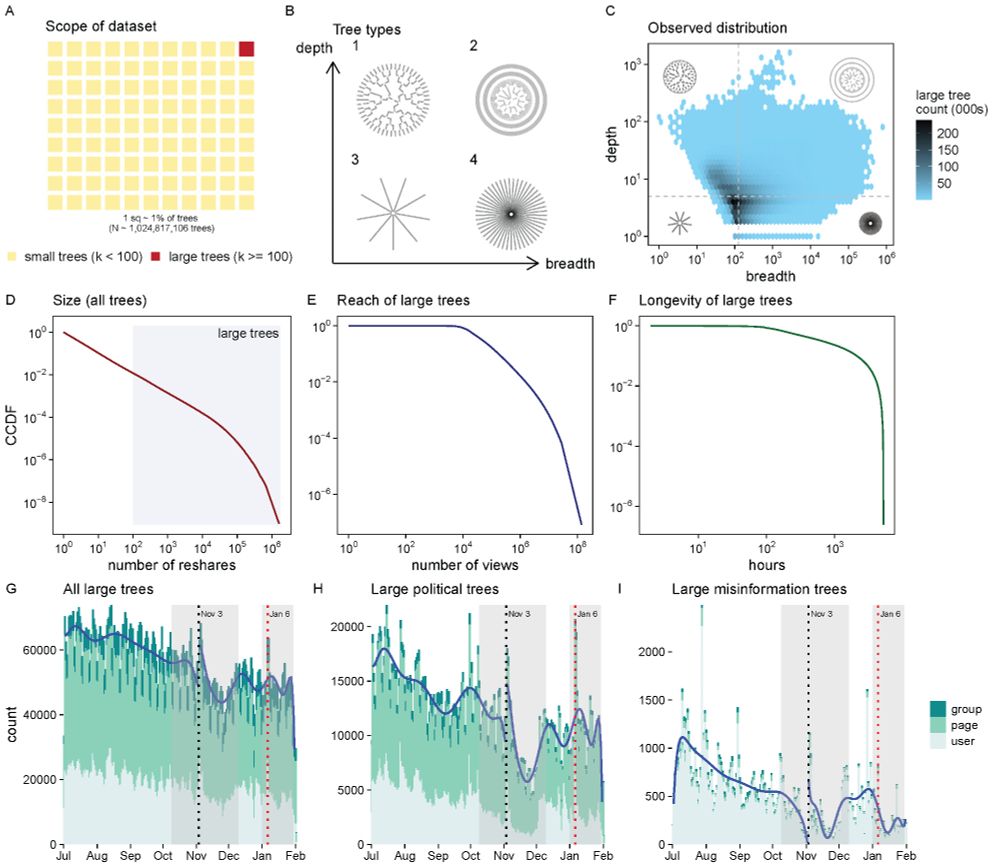
www.mprnews.org/story/2024/1...

Reposted by Emily K. Vraga, Jonathan N. Katz
Reposted by Emily K. Vraga
Reposted by Emily K. Vraga


